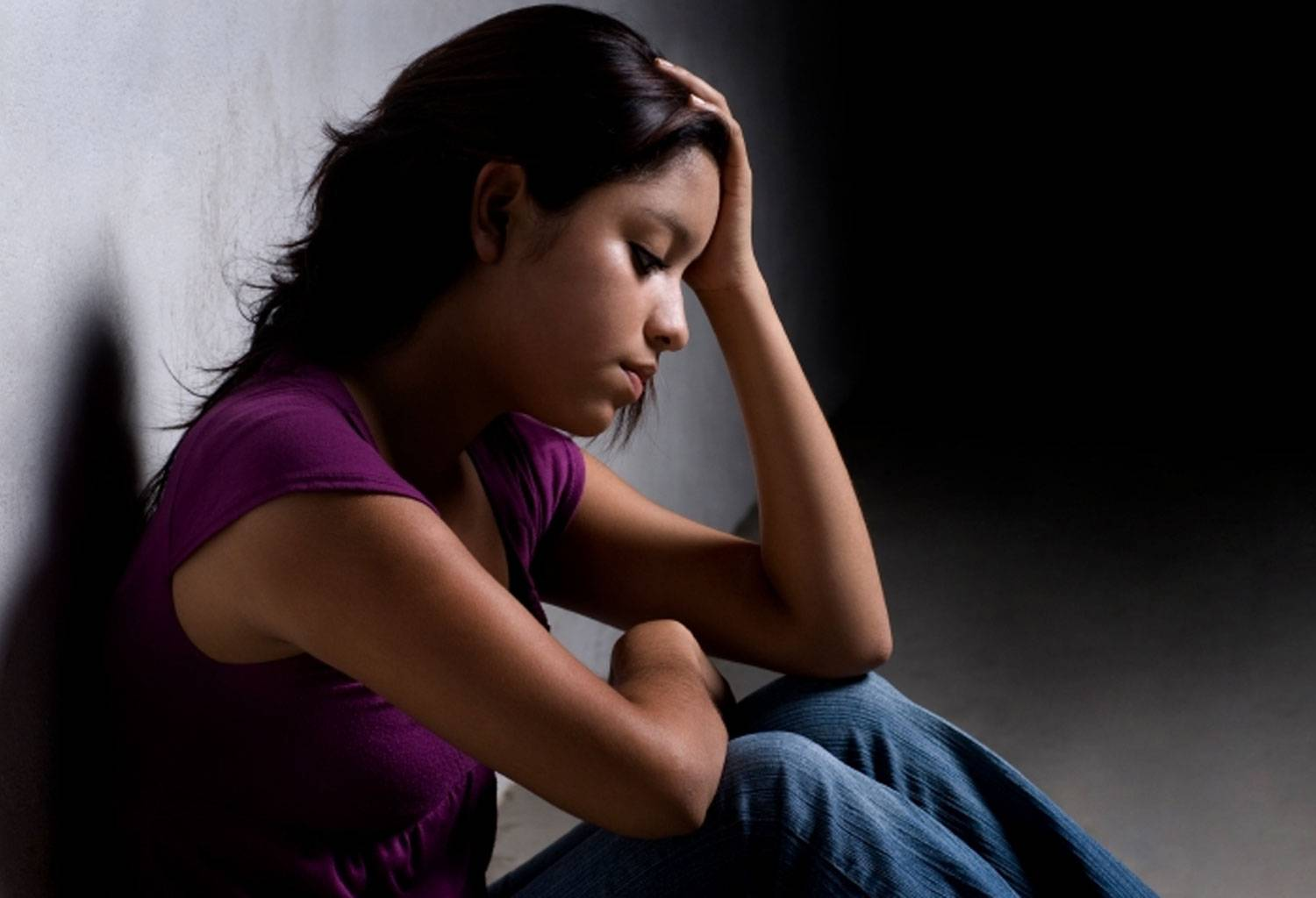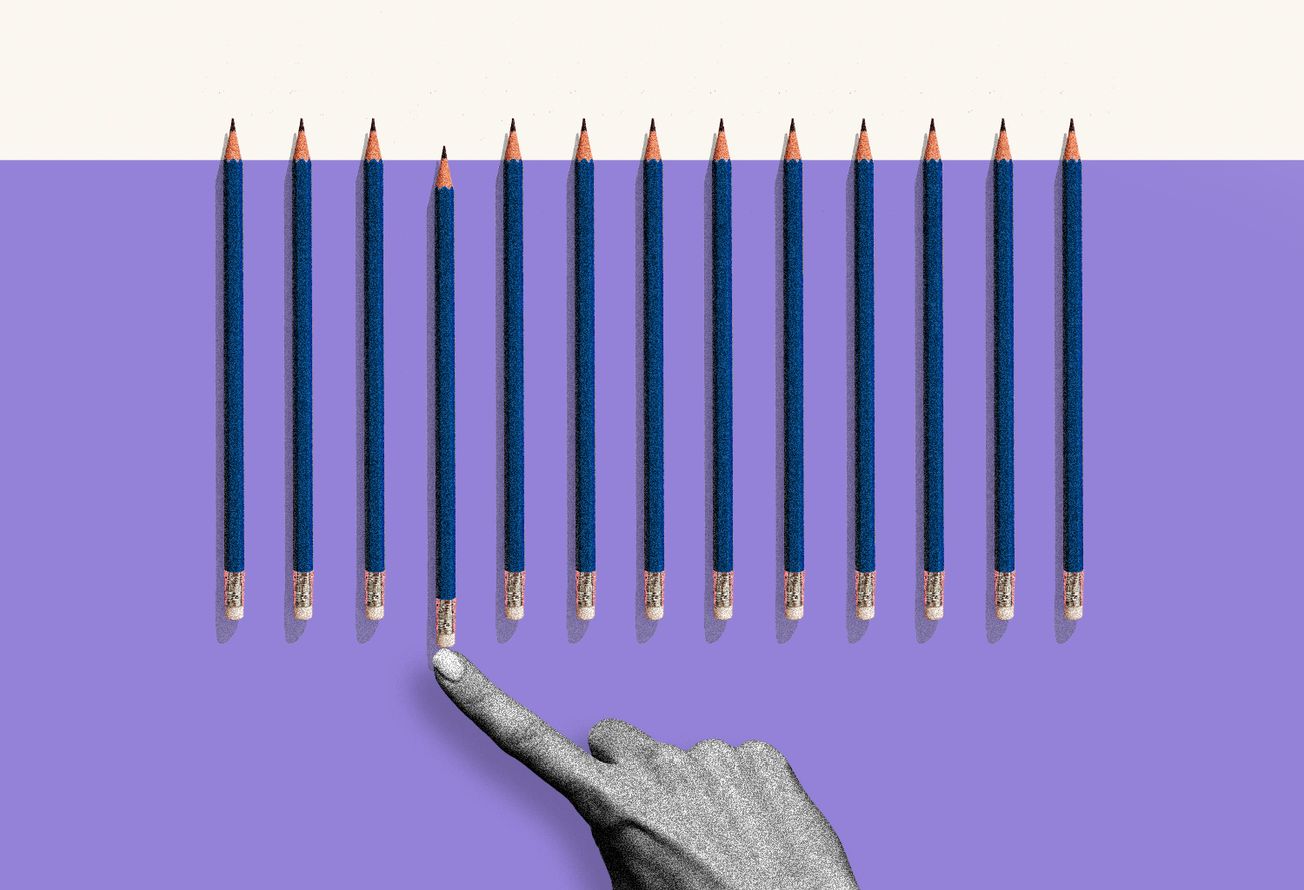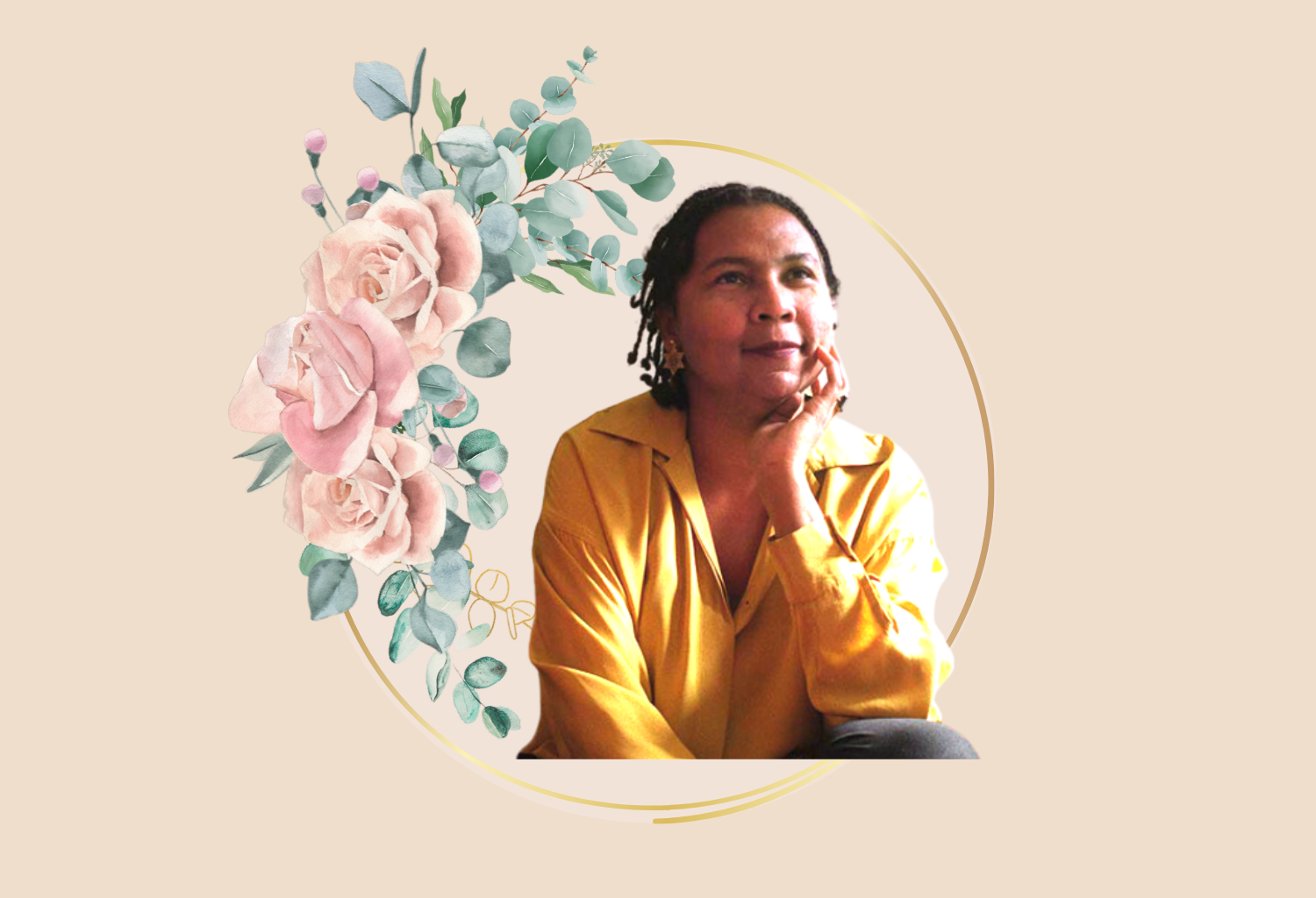Image Courtesy: DailyO
Indian parents have an infamous reputation worldwide for their orthodox parenting techniques. Regardless of which country they raise their children in, they tend to follow the same archaic protocols for child rearing in which emotional neglect and manipulation are a staple. Films like “Bend It Like Beckham” brought out the conservative and pointedly gendered ideologies of Indian parents. More recently, humorous content such as Lilly Singh’s videos and Kanan Gill’s stand-up sketch “Siblings” have put a comedic spin on strict parenting and on the problematic obsession with raising “perfect children”. The laughter may justifiably serve as a coping mechanism but it also makes disciplinarian parenting more acceptable by trivializing emotional abuse.
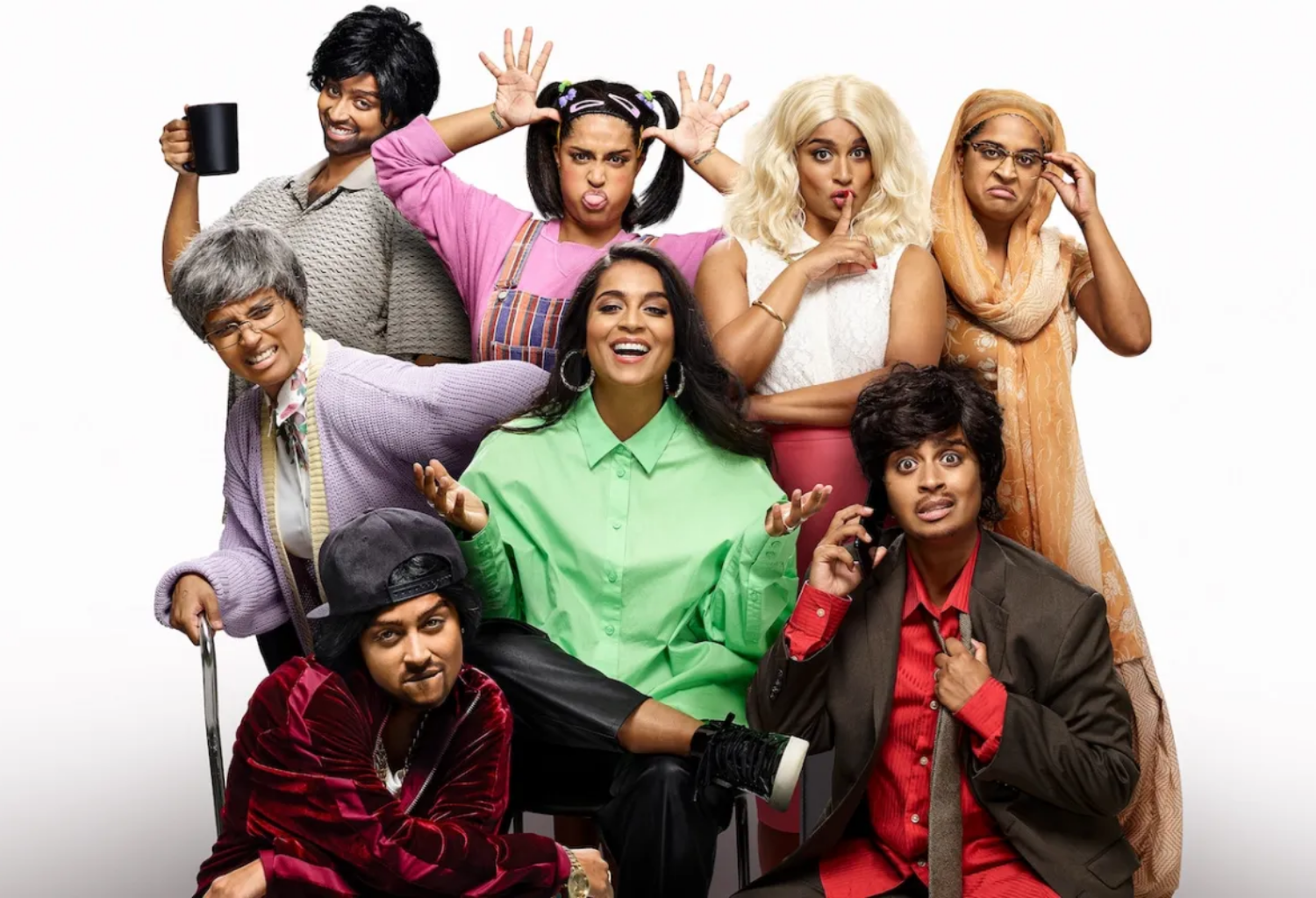
Collectivist norms bind us in ways that make the family the core of our social existence. Raised to believe that elders are to be venerated unconditionally, Indian children are rarely acknowledged as individuals; as people in their own right. Embracing the “elders are always right” motto, completely negates the child’s own experiences. And heteropatriarchal families rigidly endorse the idea to justify collective decision making, regardless of whether it is detrimental to children’s mental health or not.
The cosmic generational gaps within renowned joint families complicate things further to increase the alienation from the child. Most Indian families consist of a set or two of grandparents hailing from the pre-independence era when India wasn’t divided into three countries. Their own experience of adolescence is marked by the trauma of displacement—they were plucked away from the comfort of their ancestral homes and transformed into a diaspora in newly formed cities struggling to accommodate refugees. They often had four to six children who would grow up dealing with a post-partition reality where scarcity of opportunities was common. Everyone got a say in how to shape their future, except the children concerned.
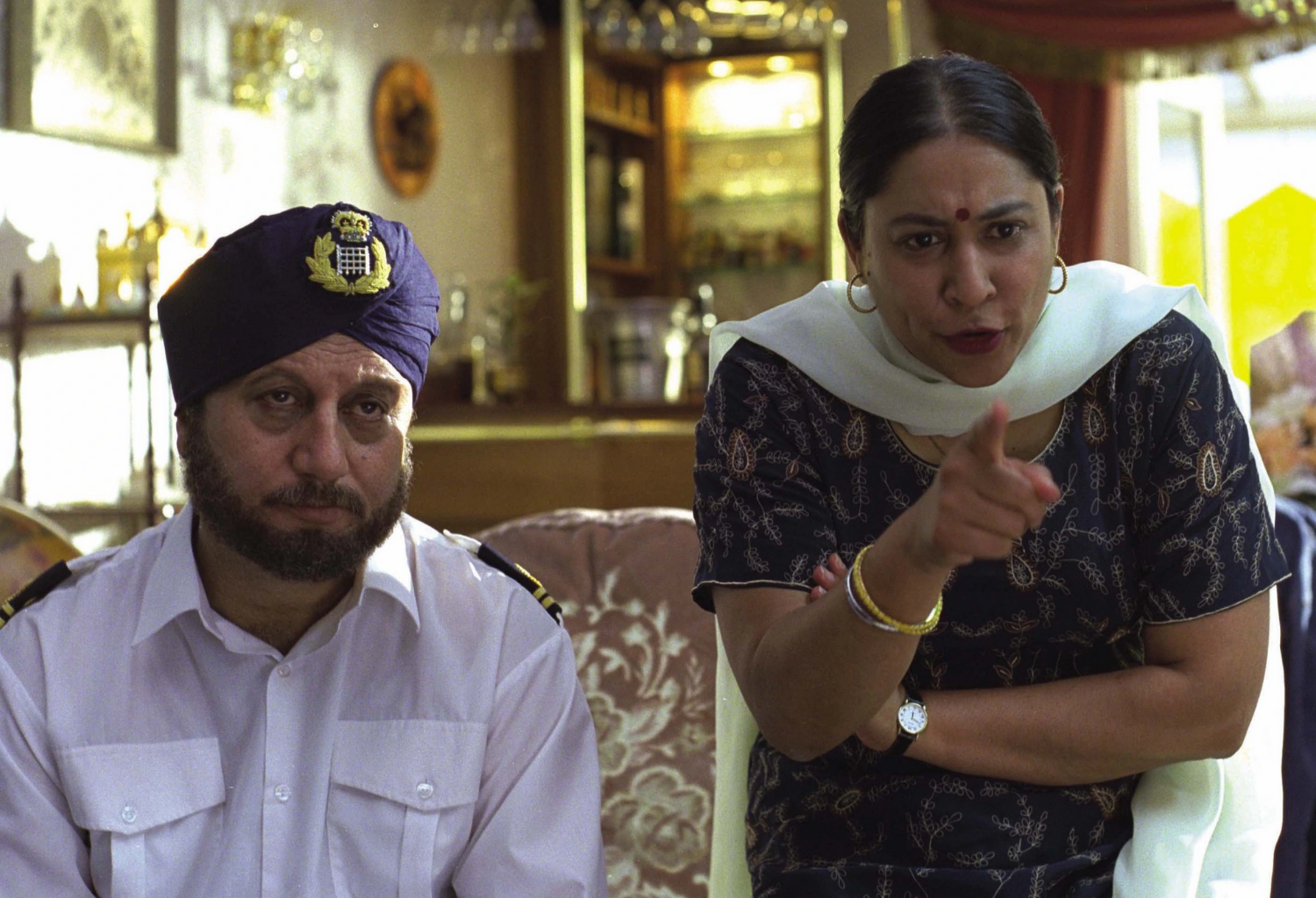
Even though there is surprisingly little research done on the subject, there is quite enough for us to see that emotional abuse is as harmful as physical abuse. It leads to high levels of depression, anxiety, stress, and neuroticism in adults. Exposure to negligence and manipulation at an early age affects how people organize the way they appraise and process information. Problems with attention and dissociation and difficulties in negotiating satisfactory interpersonal relationships are some of the many ways in which childhood neglect can manifest in adults. Yet since our collectivistic values and societal norms have been around for thousands of years, as a society we have completely normalized the abuse that comes with them. And since emotional neglect almost always flies under the radar, too many Indian millennials are blissfully unaware that childhood neglect might have played a role in their stunted emotional growth as adults. In her book, “Running on Empty: Overcome Your Emotional Childhood Neglect”, Jonice Webb talks about the “invisible factor” that leaves people feeling disconnected or unfulfilled in adulthood, sapping their joy. Webb suggests that we look at childhood as the foundation of a house and adulthood as the house itself. “It is certainly possible to build a house with a flawed foundation,” she says, “and in fact it may look exactly the same as a well-built house. But if the foundation is cracked, crooked or weak, it will not be an important source of strength and security.” According to Webb, it’s not a noticeable flaw but it could place the structure of the house itself at risk: “one strong wind, and it comes tumbling down.”
Research has irrefutably established that every infant needs linguistic, logical, spatial, creative, and sensory stimulation for proper cognitive development. Most new Indian parents (and I write from a privileged upper caste location) are very enthusiastic and encourage all aspects of their child’s development at first. But somewhere between the ages of four and ten, the “Indian parenting gene” kicks in. At this point, parents completely alienate themselves from their child’s interests and decide they know best. Their unfulfilled dreams are set as aspirations for the child’s future and our collectivist values begin sanctioning all control, forbidding any deviation.
As soon as written examinations begin, usually by fifth grade, it’s decided that whatever creative, spatial, or sensory development children have undergone is enough. All that matters from here on are school, college exams, grades, and what job prospects they will bring. We all know the timeline. These twenty years of our lives don’t really belong to us. During this phase, we are constantly conditioned to believe that our nine-to-five jobs will be the most crucial achievements and will form the backbone of our lives. Thereafter, the focus is on marriage and then on children—the cycle is all set to be repeated for the next generation. The thought of not wanting this life is blasphemous. Because emotional neglect isn’t “tangible” and leaves no scars, there’s no social taboo against parents who shout, shame, ignore their children, making them feel worthless and unloved. Sadly, when parenting becomes a robotic chase after a fixed lifestyle template, it leads to a staggering lack of understanding and communication. Subsequently, it deprives us of a very basic human need—affection.
A UNICEF study revealed that Indian parents continue to stick to traditional ways of disciplining children and practice several types of emotional and verbal abuse. Another study on the hopes and expectations of parents on their children’s education reveals that only 49% of Indian parents chose happiness as one of the three most important goals they wanted their child to achieve as an adult. Most parents chose a successful career as the most important goal and only 17% rated fulfilling their children’s potential as the ultimate goal.
The world’s largest youth population is being raised in India—356 million ten to twenty-four year-olds. This cycle of orthodox parenting needs to break because India doesn’t need another generation of anxiety-ridden nine-to-fivers. Curbing children’s autonomy, dictating their career choices, and subjecting them to a highly flawed education system that considers every child’s intellectual capacity to be the same—this isn’t parenting. It’s abuse.
For our elders, the scars of a strife-torn colonial past are hard to obliterate. But their baggage should not be ours to carry nor our own baggage should become our children’s burden. Listening and paying attention to children’s needs are absolutely indispensable for parenting. And what’s most essential is that young adults among us planning parenthood ask themselves if are they are really ready to take on the responsibility of raising other human beings.


